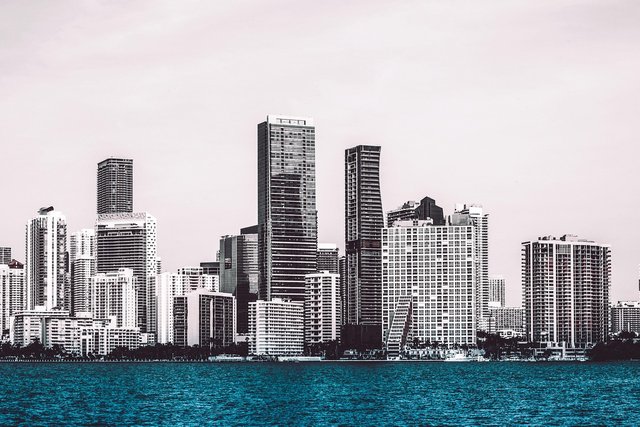From the Mafia to the People: What happens to the seized assets?
Hello friends of Project HOPE, I hope you're all doing well. Today I want to talk to you about a topic that's been on my mind, because it's one of those that generates debate, but also reflection.
It turns out that in Colombia, assets were confiscated from a drug trafficker, and we're not talking about a small amount, but more than $61 billion in properties purchased with drug money. Yes, crazy. Now, the interesting thing is what the State does with all of that, because some people think they just keep the assets and that's it, but the reality is that they can be used for something really useful.

Think about it: that money was obtained with blood, violence, and the destruction of many families, but now it can be converted into hospitals, schools, roads, into things that truly contribute to society. It's like a way of doing justice, of giving back to people what organized crime has taken from them for years. Because, let's be honest, how many stories have we heard of entire towns ravaged by drug trafficking? Of families destroyed by that damned cartel war? So, seeing that those ill-gotten gains can be transformed into something positive at least gives us a little hope.
Now, here comes the other side of the coin. There are those who say that the State doesn't manage these resources well and that everything is lost in corruption, bureaucracy, and politicking. And yes, we know that corruption is a cancer in our country, but it's also true that there are cases in which these gains end up being used for something good. Imagine a drug dealer's estate becoming a haven for at-risk youth, or a building that was once a symbol of criminal opulence now serving as a public university. These are the stories that should go viral, the ones that show that things can be turned around.

But there's something deeper here. These types of actions not only have an economic impact, but also a symbolic one. Because when everything is taken from these criminals, the message is clear: crime doesn't pay. No matter how many millions they've made, it can all be gone in a second. And that's important, because the culture of easy money remains deeply rooted in our society. There are still people who see drug traffickers as models of success, when the reality is that the vast majority end up dead or in jail.
So, beyond what the State does with these assets, what really falls to us as a society is to change our mentality. Because the day we stop glorifying dirty money, that day we will begin to build a country where confiscations are not necessary to deliver justice, but where money is simply earned through hard work and honest labor. What do you think?

